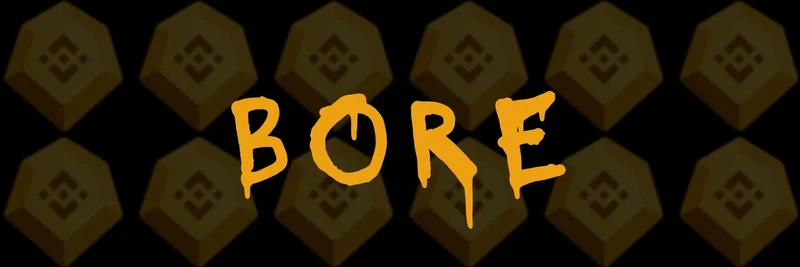In the ever-evolving world of blockchain, where online communities can spark real-world change, a fascinating idea is gaining traction: turning digital networks into actual states. Recently, Xen BH, Head of Global Growth at Base, dropped an intriguing tweet announcing his talk at the upcoming Network State Conference. He'll be diving into how Base—Coinbase's popular Ethereum layer-2 scaling solution—could evolve into a full-blown network state. This concept, popularized by Balaji Srinivasan in his book The Network State, envisions online groups forming physical societies with their own governance, economies, and even territories.
The tweet quotes Balaji's announcement about the conference, set for October 3, 2025, in Singapore. It's stacking up to be a powerhouse event, featuring heavy hitters like Ethereum co-founder Vitalik Buterin, longevity expert Bryan Johnson, venture capitalist Ben Horowitz, Coinbase CEO Brian Armstrong, and many more. Governments from Singapore, Dubai, Abu Dhabi, and El Salvador are also on board, highlighting the global interest in merging digital networks with offline realities.
For those new to the term, a network state starts as an online community bound by shared values or "social smart contracts"—think decentralized agreements where everyone opts in voluntarily. Over time, these groups could acquire land, establish pro-tech regulations, or create innovation zones, defending ideals like capitalism and self-determination in a fragmented world. Balaji's vision is about starting small with an internet connection and scaling up to something tangible.
Now, why Base? As an optimistic rollup on Ethereum, Base has exploded in popularity, especially among meme token enthusiasts. It's home to viral projects like Brett, Toshi, and countless others that thrive on community-driven hype. If Base becomes a network state, imagine meme communities not just trading tokens but governing real assets—perhaps shared physical spaces or collective investments. This could supercharge the meme economy, turning fun, viral assets into tools for building decentralized societies.
Xen's talk promises to explore this fusion, showing how Base's low-cost, high-speed transactions could underpin a borderless digital nation. With its focus on accessibility, Base already feels like a community hub; evolving it further might redefine how we think about sovereignty in the crypto age.
The conference isn't just talks—it's a call to action for founders, creators, and policymakers to build these startup societies. If you're into blockchain or memes, this is worth watching. Register at thenetworkstate.com/conference to catch it live or remotely.
Replies to Xen's tweet show excitement bubbling up. One user joked about the first flag design, while others tied it to meme coins like $YEET, suggesting memes could be the cultural glue holding these states together. It's a reminder that in crypto, ideas spread fast, and Base might just be the launchpad for the next big thing.
As meme token traders and builders, keeping an eye on developments like this is key. Network states could open new avenues for community-owned projects, where your favorite meme isn't just a trade but part of a larger, self-governing ecosystem. Stay tuned— the future of Base might be more state-like than we think.




